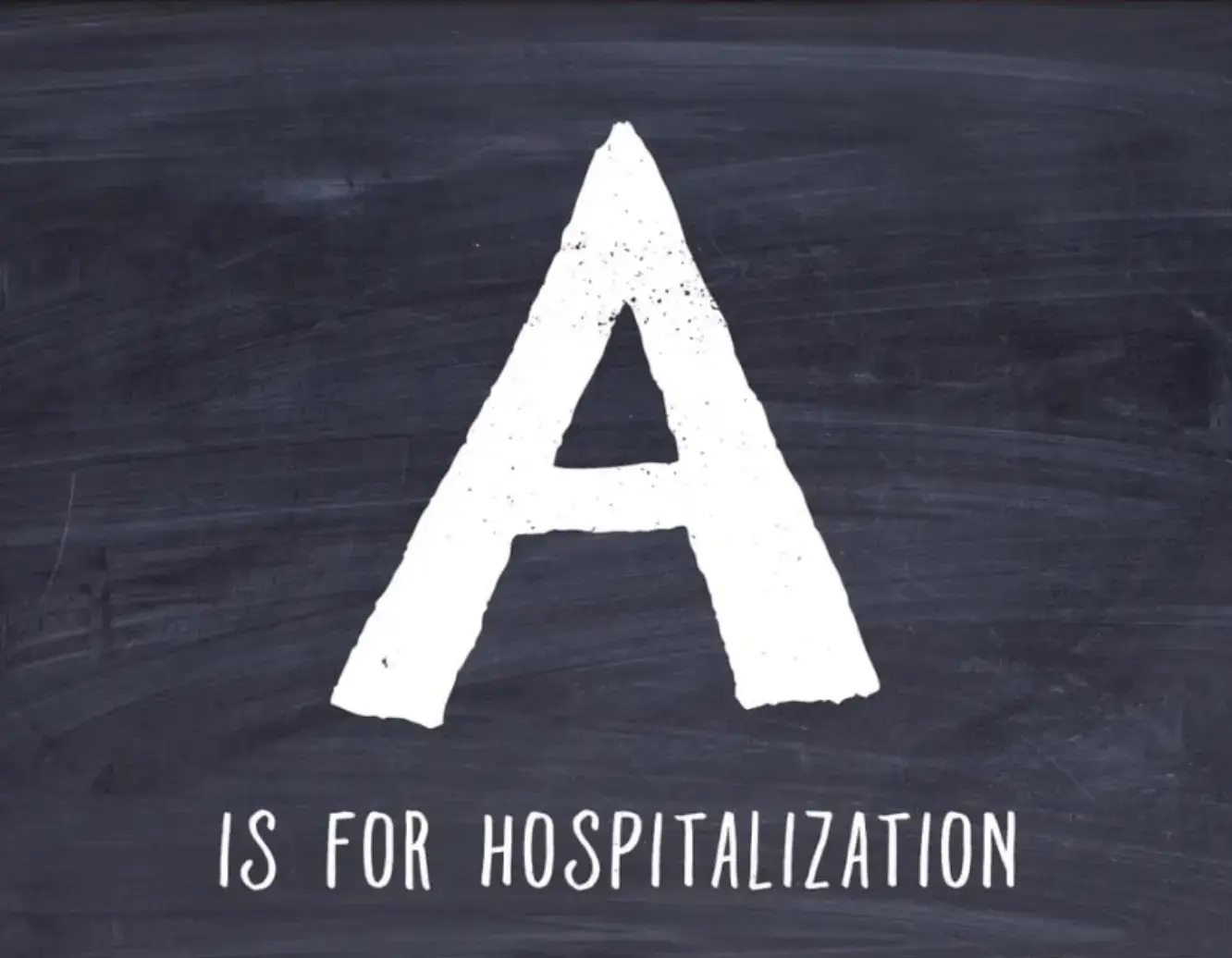What does Medicare Part A cover? A Comprehensive Guide for Soon-to-Be Seniors
As you approach your 65th birthday, understanding Medicare becomes increasingly important. Medicare Part A, often referred to as hospital insurance, is a crucial component of your health coverage. This guide will walk you through what Medicare Part A covers, helping you navigate this essential aspect of healthcare in your senior years.
Overview of Medicare Part A
Definition of Medicare Part A
Hospital Insurance Explained
Medicare Part A is primarily hospital insurance. It covers inpatient care in hospitals, skilled nursing facilities, hospice, and some home health care.
How Part A fits into Original Medicare
Part A, along with Part B (medical insurance), makes up what’s known as Original Medicare.
Eligibility for Medicare Part A
Age-based eligibility
Most people become eligible for Medicare Part A when they turn 65.
Disability-based eligibility
Some individuals under 65 may qualify due to certain disabilities.
Specific conditions (ESRD, ALS)
People with End-Stage Renal Disease (ESRD) or Amyotrophic Lateral Sclerosis (ALS) may be eligible before 65.
Costs associated with Medicare Part A
Premium-free Part A
If you or your spouse paid Medicare taxes for at least 40 quarters (10 years), you don’t have to pay a premium for Part A.
Part A premiums for those who don’t qualify for premium-free coverage
If you don’t qualify for premium-free Part A, you may still be able to buy it.
Inpatient Hospital Stays
Coverage for hospital admissions
Semi-private rooms
Part A covers a semi-private room during your hospital stay.
Meals
Your meals are covered during your inpatient stay.
General nursing care
Necessary nursing services are included in your coverage.
Specialized care units
Intensive care
If needed, stays in intensive care units are covered.
Coronary care
Coronary care unit stays are also included in your coverage.
Inpatient medications and treatments
Drugs as part of your inpatient treatment
Medications administered during your hospital stay are covered.
Medical supplies and equipment used in the hospital
Necessary medical supplies and equipment are included in your coverage.
Other covered inpatient services
Lab tests
Diagnostic and laboratory tests are covered during your stay.
X-rays
X-rays and other radiological services are included.
Operating room and recovery room services
Services related to surgery, including the operating and recovery rooms, are covered.
Limitations and exclusions
Private room restrictions
Private rooms are generally only covered if medically necessary.
Personal care items
Items like toiletries or television aren’t covered.
Television and phone services
These amenities aren’t included in your Medicare coverage.
Skilled Nursing Facility Care
Qualifying for skilled nursing facility coverage
Prior hospitalization requirement
You must have a qualifying hospital stay before SNF care is covered.
Doctor’s certification of need
Your doctor must certify that you need daily skilled care.
Covered services in a skilled nursing facility
Semi-private room
A shared room is covered in a skilled nursing facility.
Meals
Your meals are included in your coverage.
Skilled nursing care
Necessary nursing care is covered.
Rehabilitation services
Physical therapy
Physical therapy services are covered when necessary.
Occupational therapy
Occupational therapy is included when needed for your recovery.
Speech-language pathology services
Speech therapy services are covered when required.
Coverage period and coinsurance
100% coverage for the first 20 days
Medicare covers all costs for the first 20 days in a benefit period.
Coinsurance for days 21-100
You’ll pay coinsurance for days 21-100 of your stay.
Coverage beyond 100 days
Medicare doesn’t cover stays beyond 100 days in a benefit period.
Home Health Care
Eligibility for home health care coverage
Homebound status
You must be homebound to qualify for home health care.
Need for skilled care
You must need intermittent skilled nursing care or therapy services.
Covered home health services
Part-time skilled nursing care
Intermittent skilled nursing care is covered.
Physical therapy
Physical therapy services are included when necessary.
Occupational therapy
Occupational therapy is covered when needed.
Speech-language pathology services
Speech therapy is included when required.
Medical social services
Medical social services are covered when ordered by your doctor.
Home health aide services
Limited home health aide services are covered when you’re receiving skilled care.
Limitations of home health care coverage
24-hour care exclusion
Medicare doesn’t cover round-the-clock care.
Meal delivery exclusion
Meal delivery services aren’t included in your coverage.
Hospice Care
Qualifying for hospice care
Terminal illness certification
Your doctor must certify that you’re terminally ill.
Accepting palliative care over curative treatment
You must choose comfort care instead of treatment to cure your illness.
Covered hospice services
Doctor services
Medical care from doctors is covered.
Nursing care
Nursing care is included in hospice coverage.
Medical equipment and supplies
Necessary medical equipment and supplies are covered.
Pain relief and symptom control
Prescription drugs for pain management
Medications for pain relief are covered.
Short-term respite care
Brief periods of respite care are included to relieve your caregivers.
Grief and loss counseling
For the patient
Counseling services are available for you.
For the family
Your family can also receive counseling services.
Blood Transfusions
Coverage for blood
Whole blood
Whole blood is covered when medically necessary.
Packed red blood cells
Packed red blood cells are included in your coverage.
Blood components and processing
Components and processing of blood are covered.
Blood deductible
First 3 pints of blood
You’re responsible for the cost of the first 3 pints of blood unless donated.
Options for avoiding the deductible
You can avoid this cost by having blood donated on your behalf.
What Medicare Part A Doesn’t Cover
- Long-term care (custodial care)
- Most dental care
- Eye examinations for prescribing glasses
- Dentures
- Cosmetic surgery
- Acupuncture
Medicare Part A and Other Insurance
- Coordination with employer-sponsored insurance
- Interaction with Medicare Supplement (Medigap) policies
- Relationship to Medicare Advantage plans
Understanding Your Medicare Part A Costs
Deductibles
Benefit period explained
A benefit period begins when you’re admitted and ends when you haven’t received inpatient care for 60 days.
Current deductible amount
The Part A deductible is $1,623.00 per benefit period in 2024.
Coinsurance
Hospital stay coinsurance
You pay coinsurance for extended hospital stays.
Skilled nursing facility coinsurance
There’s coinsurance for extended stays in skilled nursing facilities.
Lifetime reserve days
What they are
These are additional days Medicare will pay for when you’re in the hospital for more than 90 days.
How to use them
You have 60 lifetime reserve days that can be used only once.
How to Make the Most of Your Part A Coverage
- Engage in preventive care to avoid hospitalizations
- Understand pre-authorization requirements
- Keep track of your benefit periods
Conclusion
Understanding what Medicare Part A covers is crucial for managing your healthcare as you approach 65 and beyond. While it provides comprehensive coverage for hospital stays, skilled nursing care, some home health services, and hospice care, it’s important to be aware of its limitations and costs. Regular review of your coverage and staying informed about any changes will help you make the most of your Medicare benefits.
Next Steps
Are you approaching Medicare eligibility and want to ensure you understand your Part A coverage? Contact Craig Smith Insurance Group at 917-740-1895 today for a free Medicare Part A coverage consultation. Our expert team can help you navigate your options and make informed decisions about your healthcare coverage.










